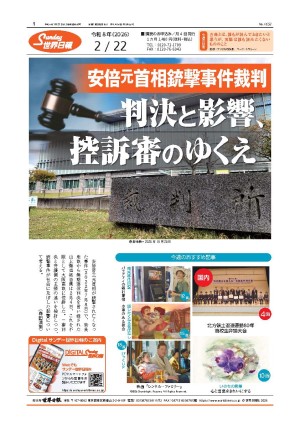Russia unchallenged in move to rein in former satellites 旧衛星国への支配強めるロシア
Russia unchallenged in move to rein in former satellites
Russian moves in Ukraine and other nations carved out of the Soviet Union are reviving memories of the Cold War power struggles for influence between Moscow and Washington.
...【全文を読む】







